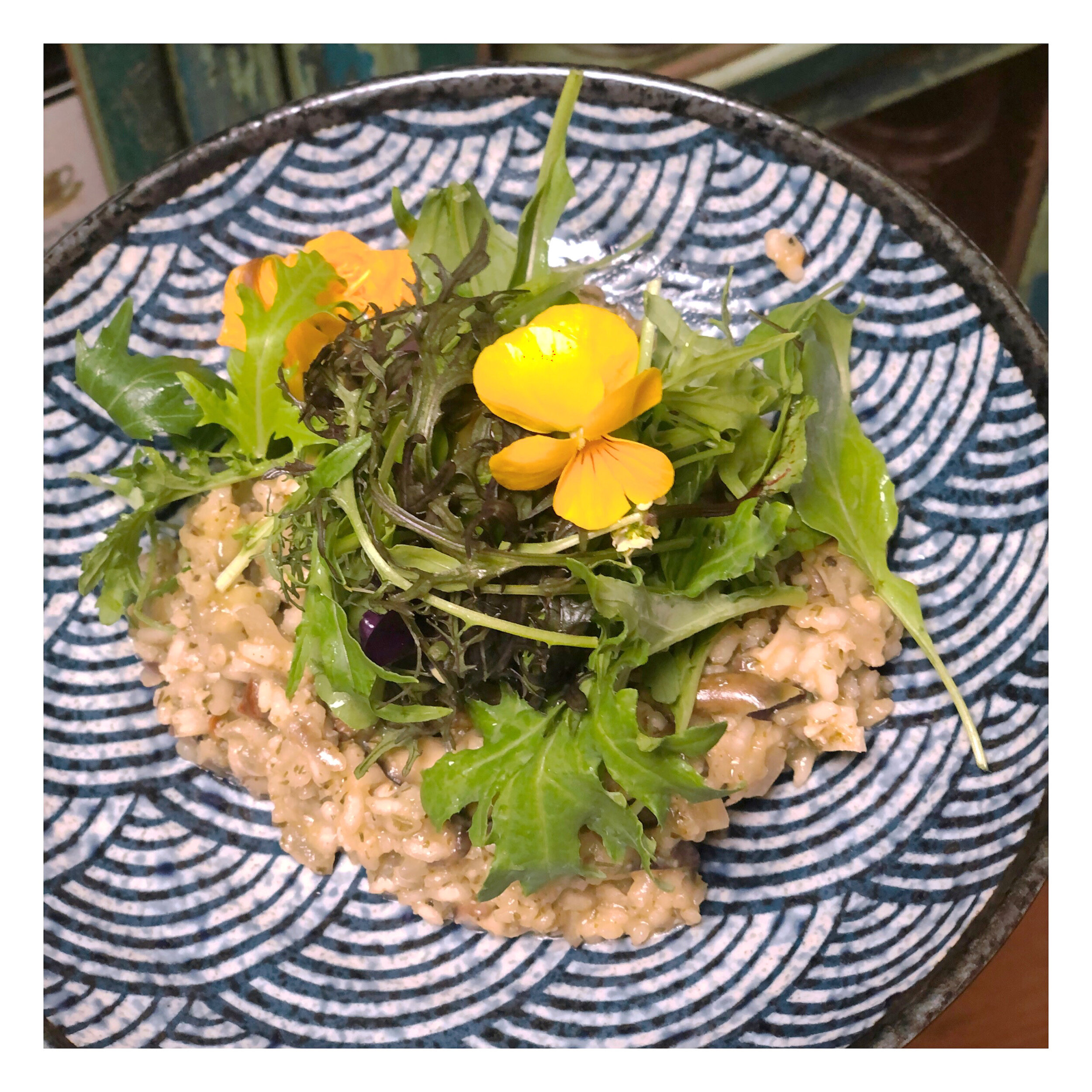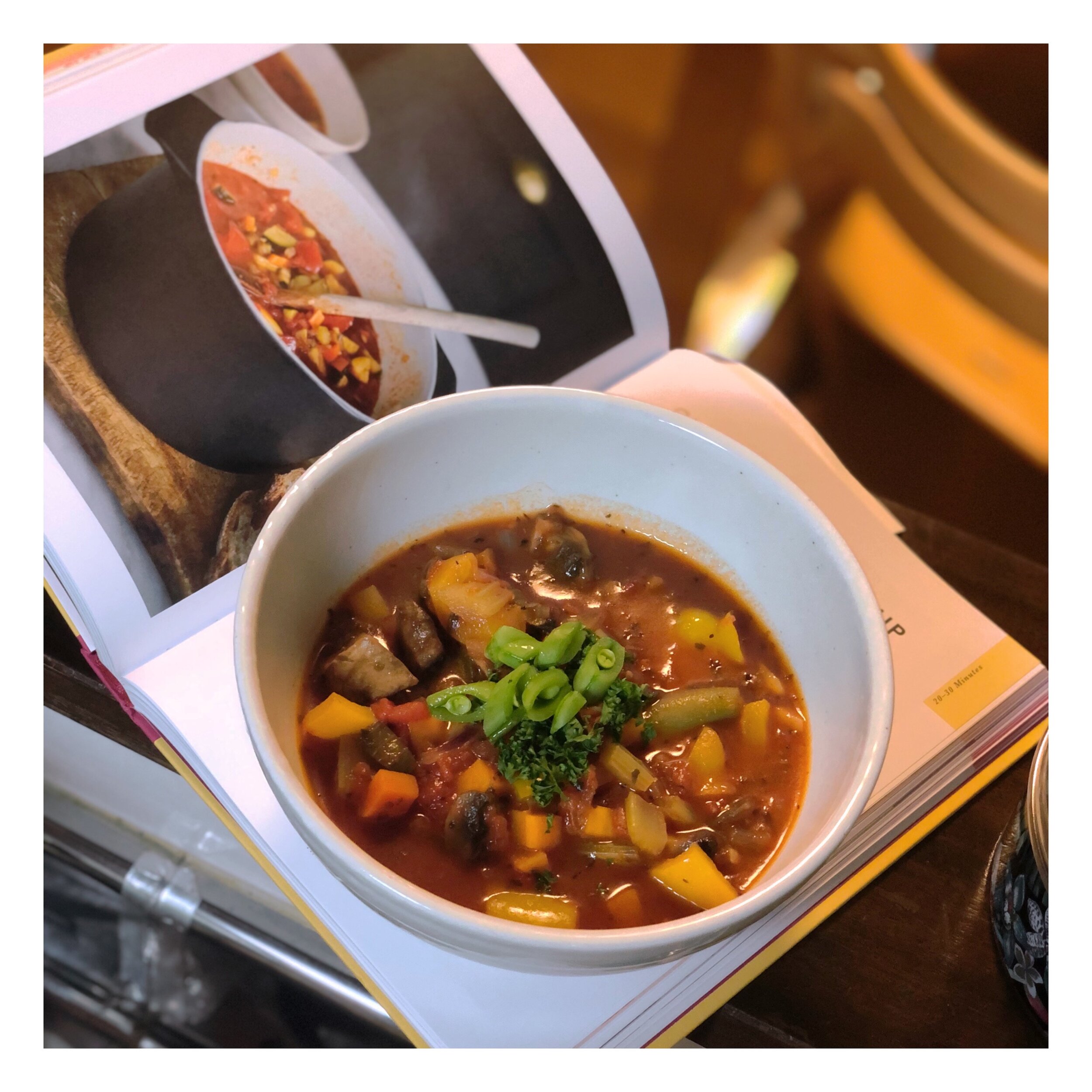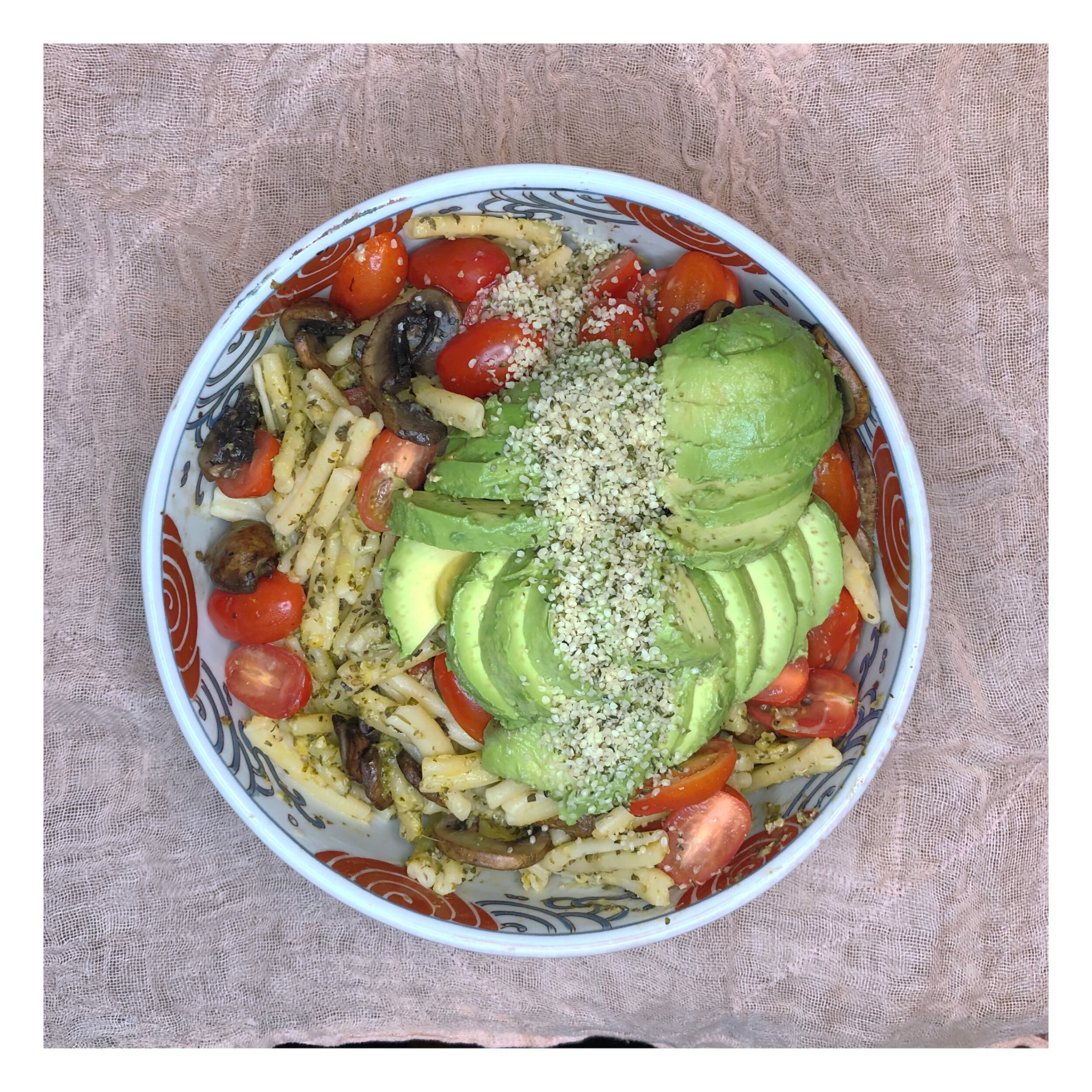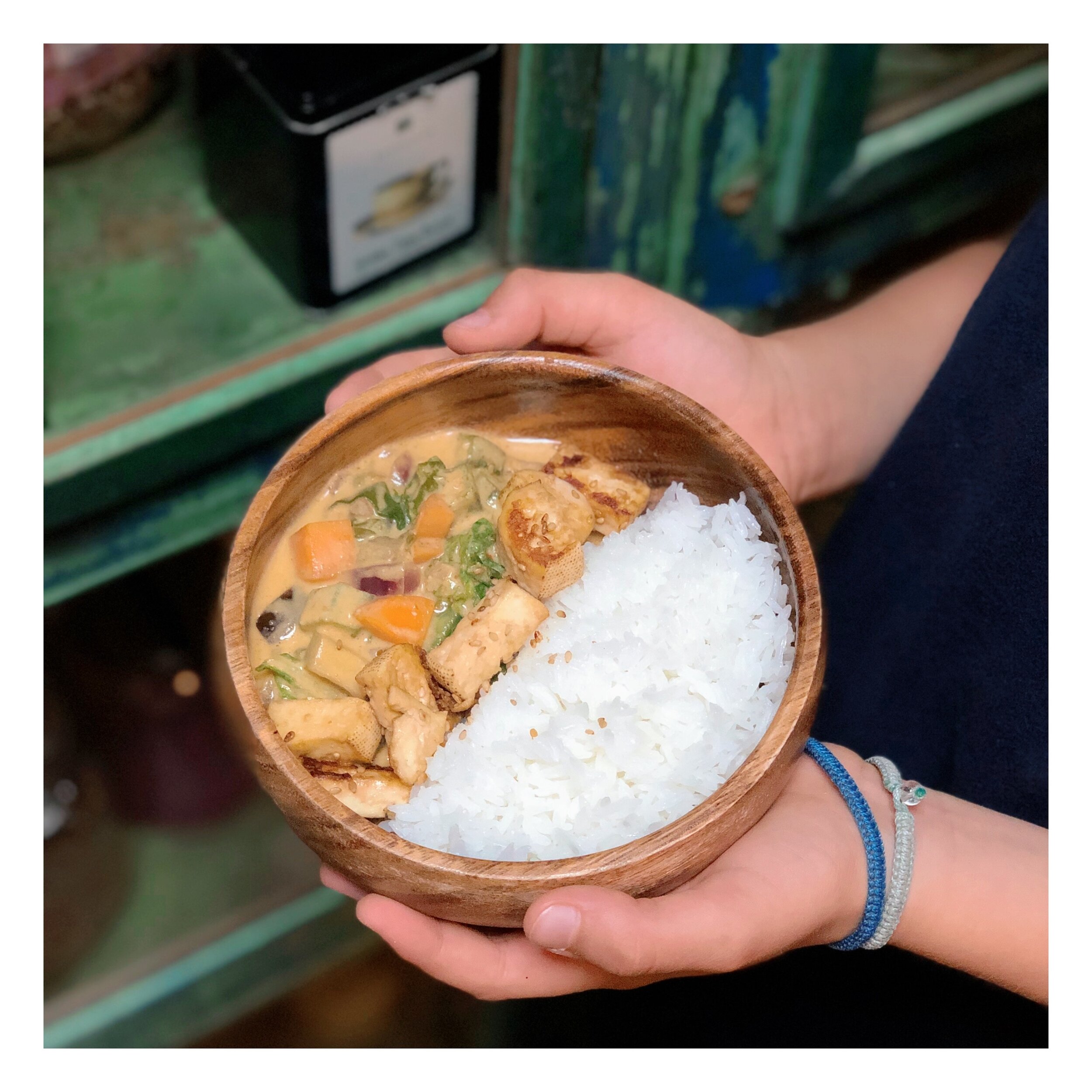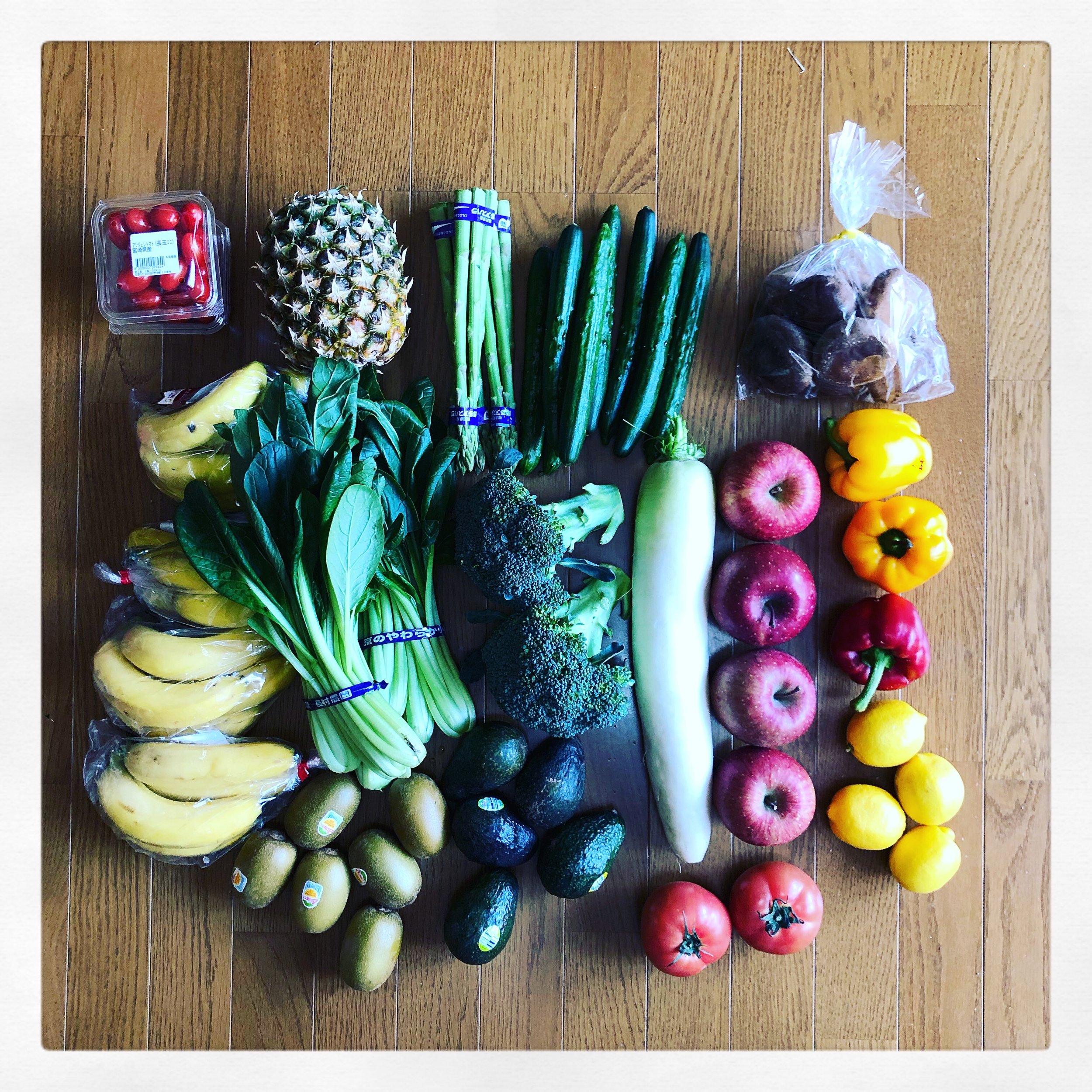10 easy plant based dinners to start with
/When you start introducing whole food, plant based meals to your family, there is often hesitation or resistance - most likely from ‘the guys’ who think they need something ‘substantial’ to fill their stomach. And in a way it’s true that you need to make sure your meal has some fillers for it to have enough calories to sustain everyone’s energy levels.
My go-to for rich fillers are sweet potatoes, whole grain pasta, beans, avocado or tofu, just to name a few. Adding one of these to any meal adds a certain feeling of fullness for sure!
Dr Greger, a doctor very well respected in the whole foods plant based lifestyle scene, mentioned in his book ‘How not to die’ that most people cook about 10 different dinner meals on rotation. Think about it.. I think it was definitely true for me. So if you know the meals that you love to cook, that are easy and that everyone in the family eats, just try to ‘veganize’ them. See below for ten common, but delicious, meals:
Sweet potato, chickpea, and tofu curry.
Bean and salsa burritos with lots of guacamole.
Pasta pesto; easily make a spinach or kale basil pesto yourself and if you’re avoiding cheese, add nutritional yeast instead.
Do it yourself salad - the kids love this! Think all the different veggies, croutons, crispy shi take mushrooms.
Minestrone soup, with extra filling of red lentils.
Gnocchi, my go-to when I have very little time. After boiling, pan fry them with whatever veggies you have.
Veggie lasagna with eggplant and courgette and a creamy sauce made of cashews.
Soba noodle stir-fry with tofu.
Pita with falafel: they are easy to make or buy a pre-mix and just add water. A little tahini sauce and salad - yum!
Baked sweet potato with veggie filling.
Lentil soup Moroccan style - filled with all the colors of the rainbow. That was my bonus number 11. Actually - another one coming up:
Risotto. So versatile! We favor risotto with as many different types of mushrooms as we can find, which, here in Japan, is a lot!
Even though I have a large number of cookbooks, I find it really hard to follow recipes, so I usually have a glance and then try to make it up myself. Works out well most of the time. But if you like to follow recipes, here are a few fabulous websites and apps:
Deliciously Ella - I use the app and her podcast is also fabulous
Forks over knives - I use the app
Max la Manna - on Instagram
Fitgreenmind - on Instagram
How not to die cookbook - by Dr Greger
Hope this has given you some inspiration! And remember: every time you leave animal products off your plate, it is a win. A win for your health, for the planet and for the animals. You don’t have to be perfect, but trying is already fabulous!
Love, Lin


